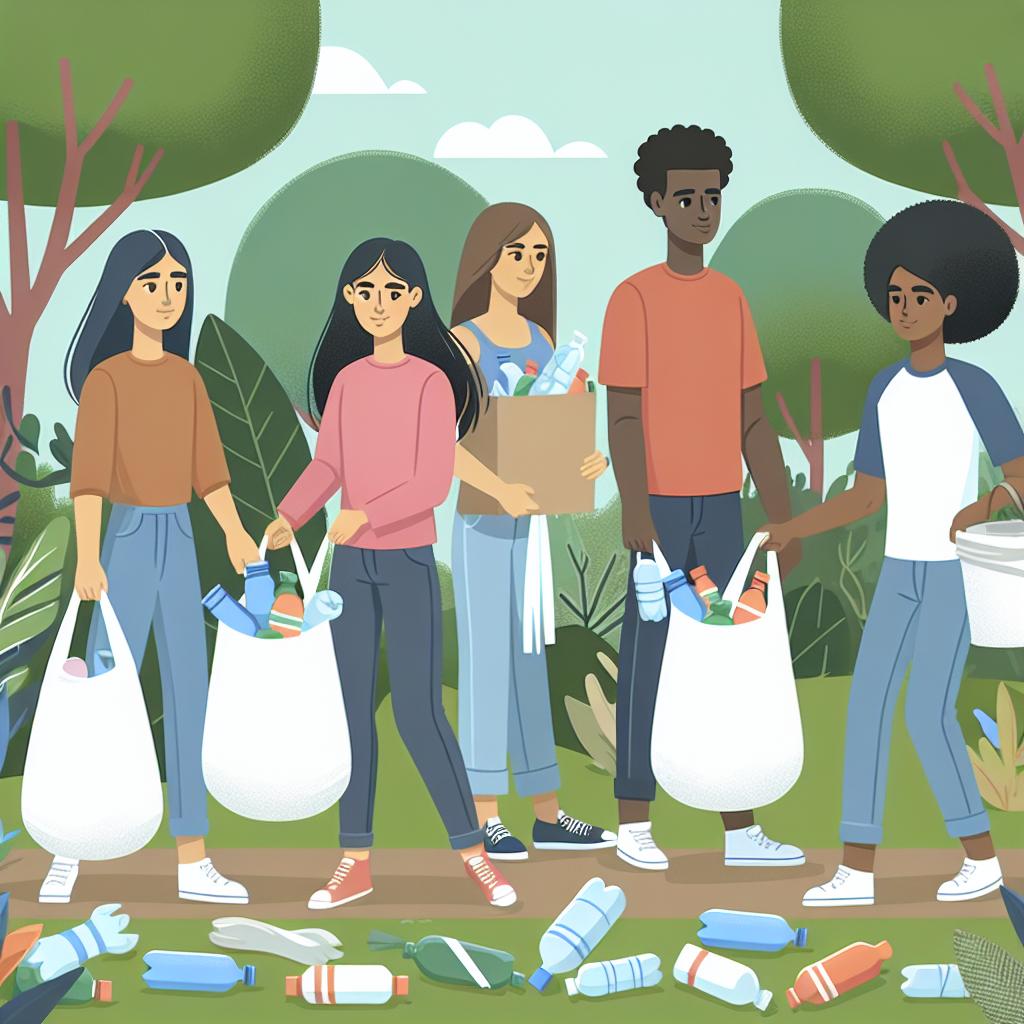Vietnam's Plastic Dilemma: Global Scrap Trade Under the Microscope
Vietnam faces challenges with managing plastic scrap imports amid global scrutiny. Despite being a top importer, the country struggles to recycle both domestic and foreign waste. New restrictions could impact this trade, which has grown as recyclers prefer high-quality foreign plastic over local materials, raising environmental concerns.

Vietnam's plastic scrap import industry is under intense scrutiny as international discussions aim to impose stricter regulations on global waste trade. Delegates at a U.N. summit in South Korea are contemplating new rules that could potentially limit this $3.8 billion industry.
The Southeast Asian nation has become a significant recipient of plastic waste since China ceased imports in 2018. Yet, Vietnam's own recycling capabilities are inadequate, recycling just a fraction of its imports, with much waste ending up in unsustainable landfills, reports the World Bank and WWF.
Vietnam's environmental ministry remains silent on current import figures, while experts highlight the challenges in sorting and recycling efforts both domestically and abroad. The future of the scrap trade remains uncertain as the country grapples with balancing economic activity and environmental sustainability.
(With inputs from agencies.)










